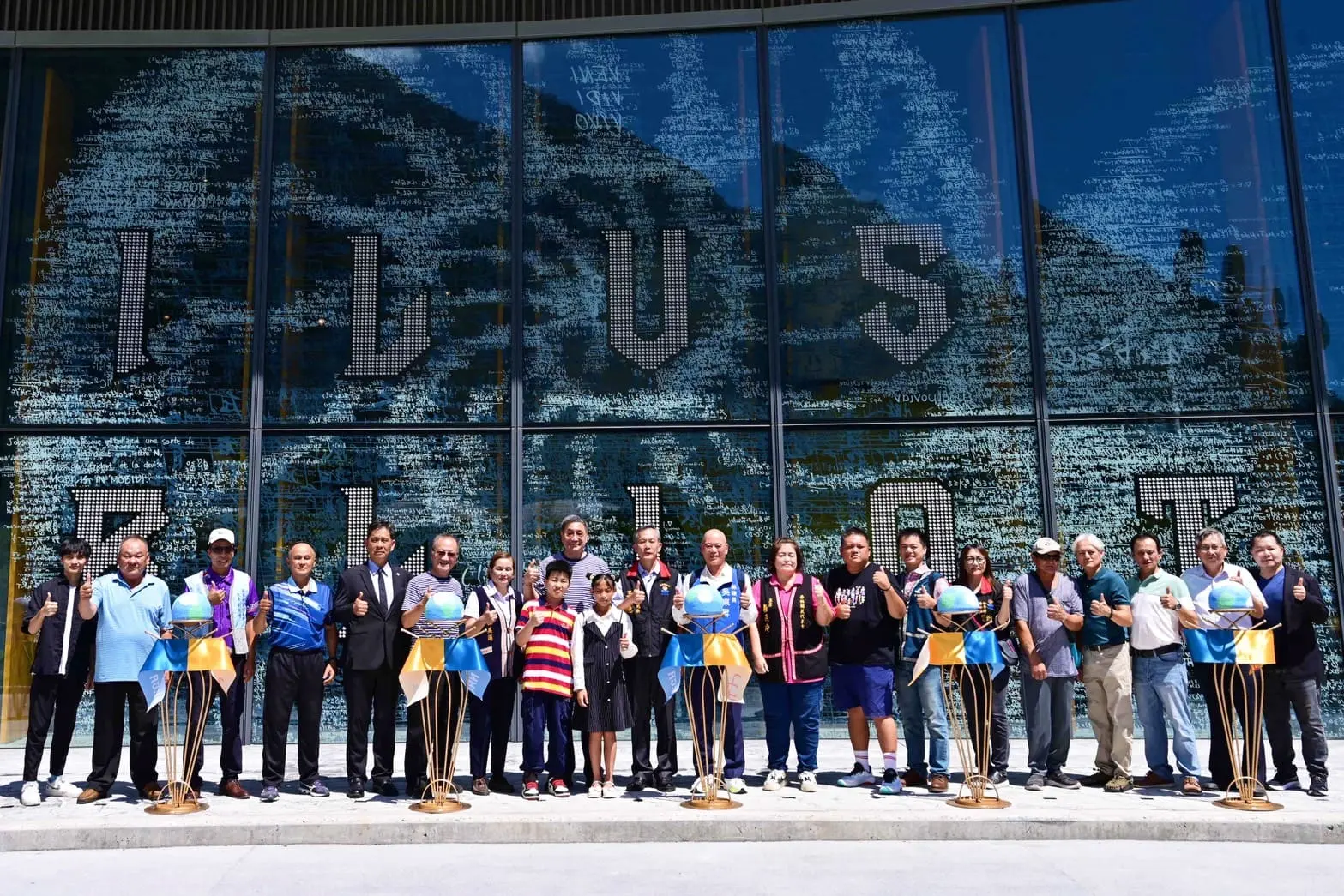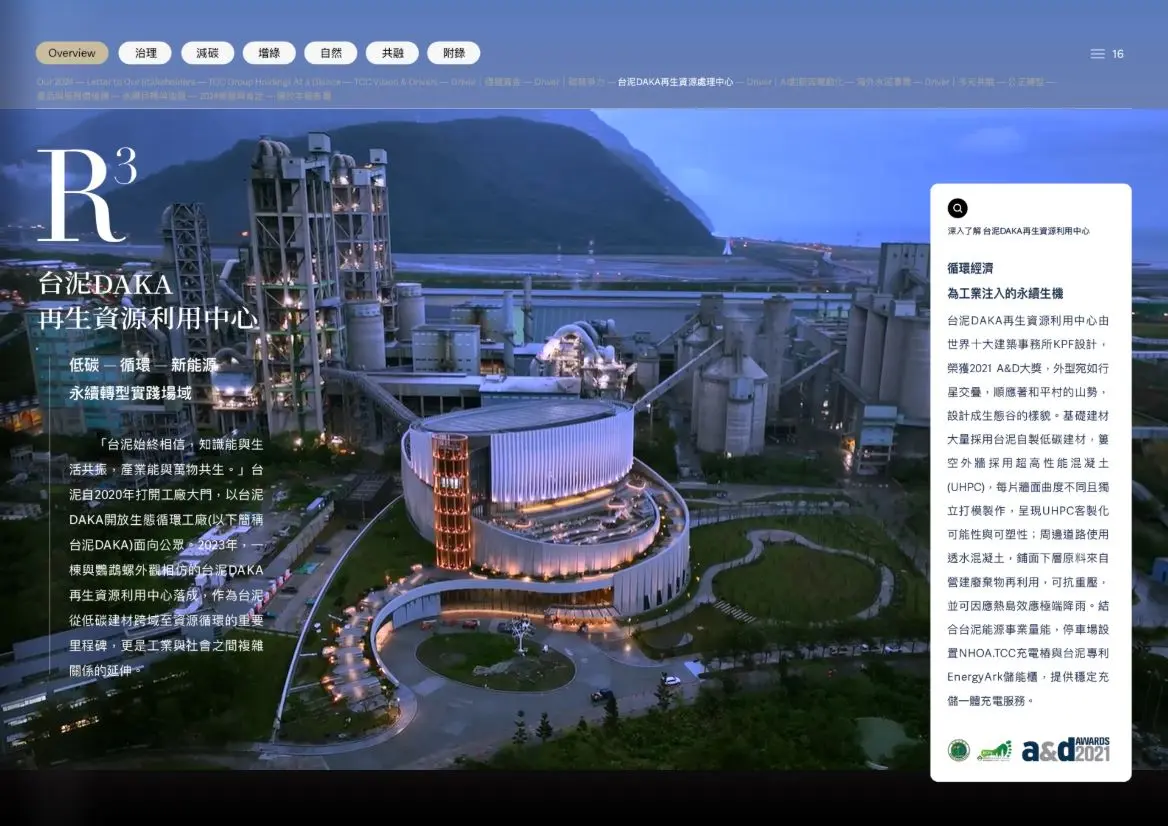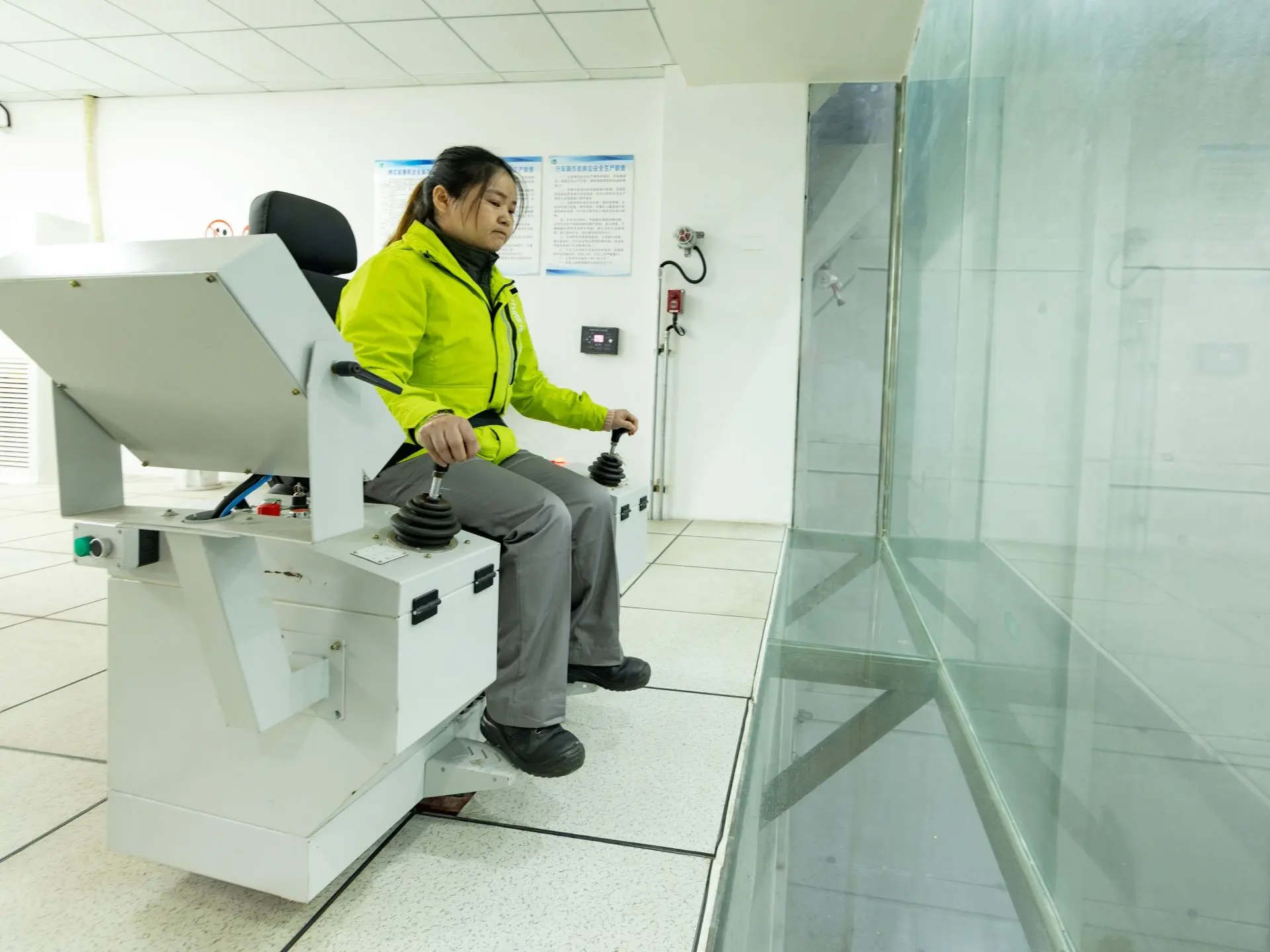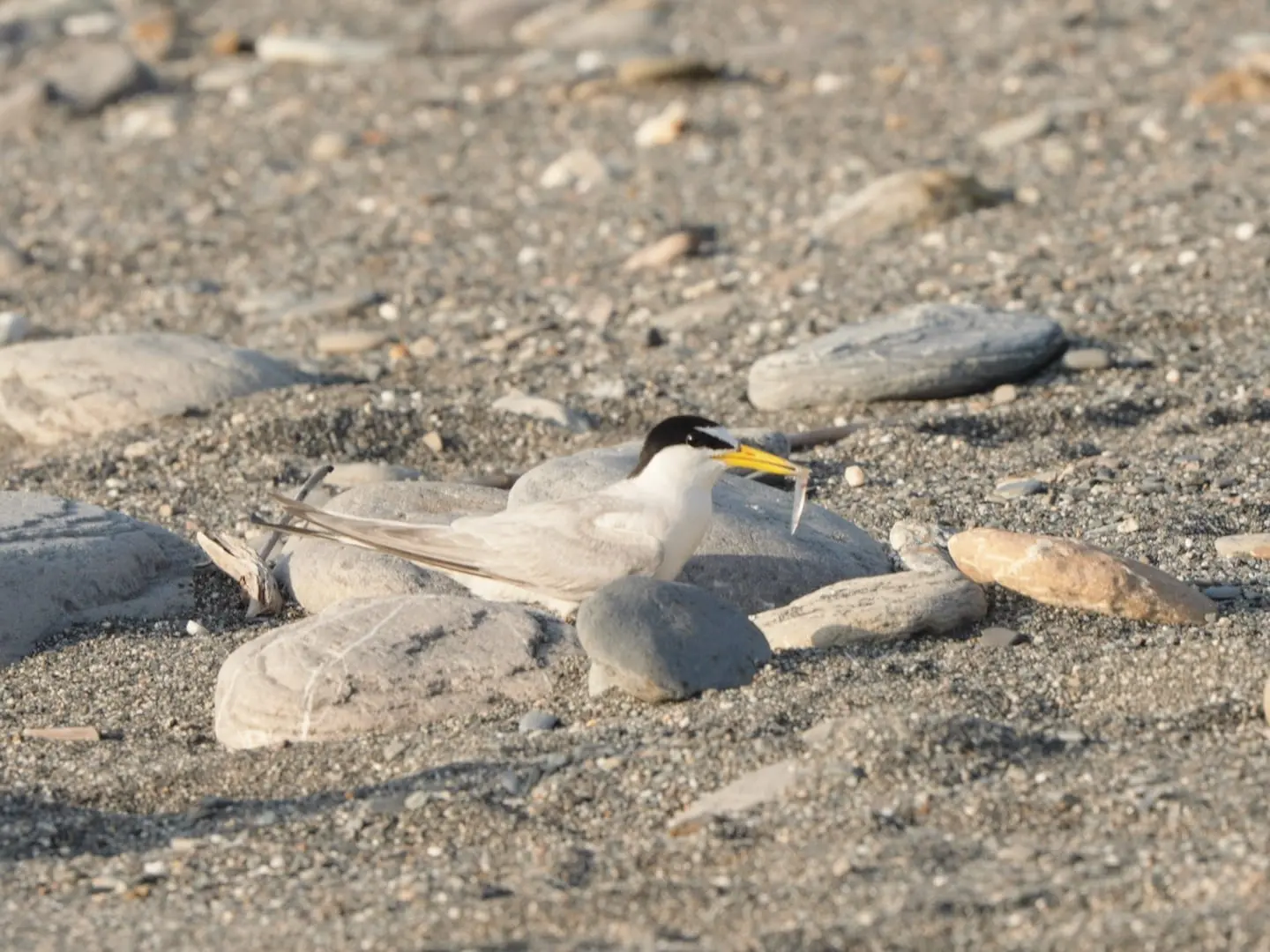Learning from Challenges: The MQE Fire's Risk Management and Sustainability Upgrade
- Home
- Sustainable E-newsletter
- Learning from Challenges: The MQE Fire's Risk Management and Sustainability Upgrade
Governance 2025 Vol.03
Learning from Challenges: The MQE Fire's Risk Management and Sustainability Upgrade
- #Risk Management
- #Sustainable Governance
-
-
-
Share
On July 14, 2025, a sudden fire broke out at TCC's subsidiary, Molie Quantum Energy's battery cell plant in Xiaogang. This wasn't just a major industrial accident; it was a severe test for TCC and the entire emerging battery cell industry in Taiwan. The fire caused huge financial losses and raised public concerns about the environment and safety. However, in the face of this crisis, all TCC staff showed a quick and responsible attitude. We took the opportunity to comprehensively review our own sustainability governance and risk management mechanisms, which brought us profound lessons.
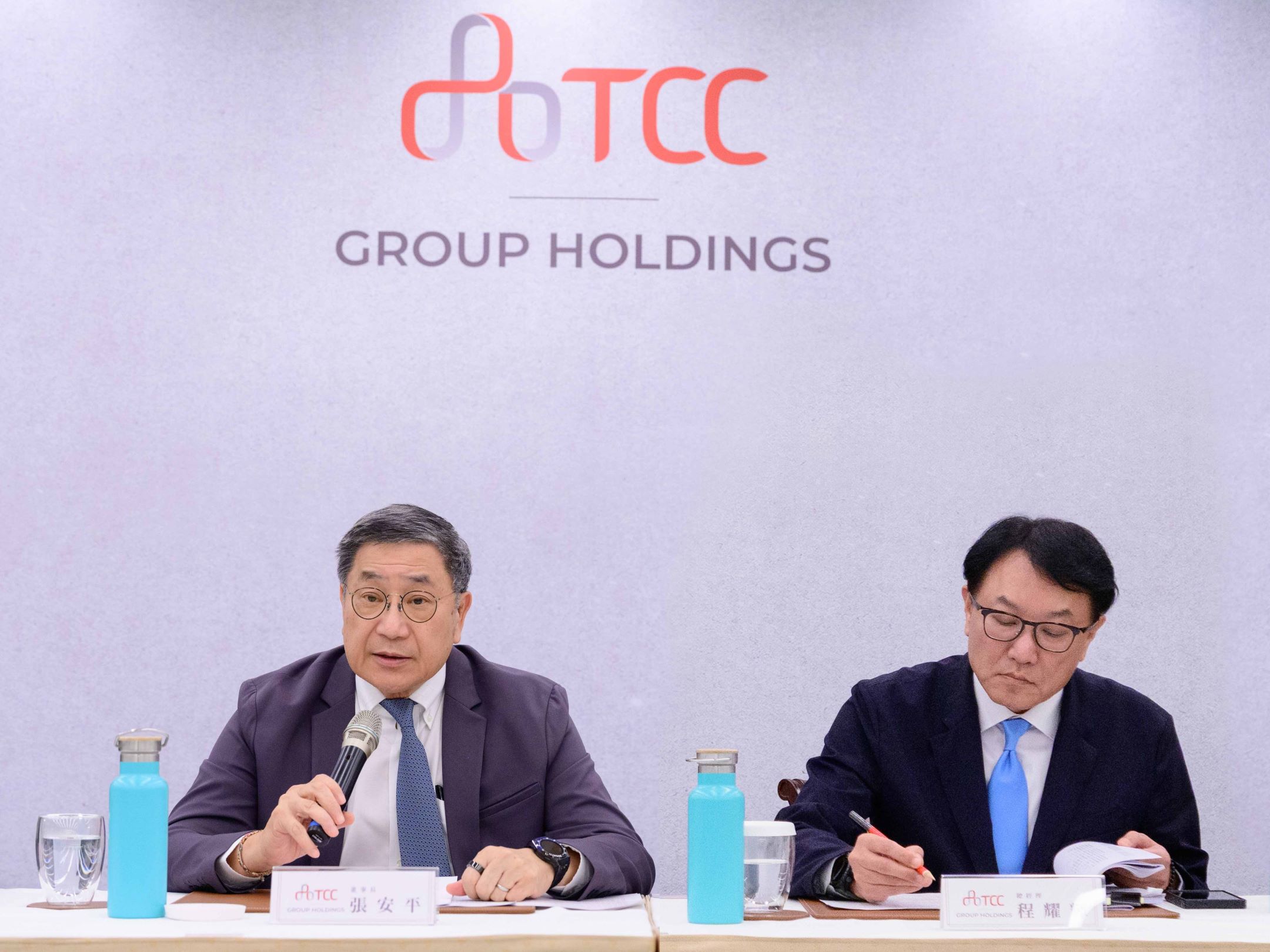
A Painful Lesson: Causes and Financial Impact
After the fire, the TCC Group immediately mobilized over a thousand man-hours for an internal investigation. The most likely cause was determined to be human error or mechanical failure, which led a "defective semi-finished product" to experience thermal runaway in a storage area, triggering a chain reaction in nearby semi-finished battery cells. Despite our investment of NT$3 billion to build formation systems and an independent fire suppression system that exceeded regulatory standards, these mechanisms ultimately failed to control the fire, leading to a wider disaster. This has been a very painful lesson for us.
The fire had an impact on TCC's finances. Preliminary estimates, after deducting expected insurance payouts, indicate that the incident's impact on TCC's profit is approximately NT$11 billion. Although this loss doesn't involve additional cash expenditure, it is still a significant blow to our business operations. To show our determination to take responsibility, senior executives at TCC's operational headquarters voluntarily took a 20% salary cut. We have also started an investigation into suppliers, not ruling out pursuing liability, to ensure fairness and justice.
Unwavering Efforts: Ensuring Supply and Rebuilding Trust
Faced with the challenge of a production halt, TCC quickly implemented a multi-pronged response strategy to ensure that customer supply would not be interrupted. These measures include:
Accelerating Overseas OEM Collaboration: We are actively establishing a contract manufacturing relationship with overseas partners to quickly restore battery cell supply capacity.
Reallocating Tainan Plant Capacity: We are reallocating production capacity at the E-One Moli Energy Corporation Tainan plant to make up for the production shortfall at the Xiaogang plant.
Re-evaluating Overseas Plant Establishment: We have also re-evaluated the possibility of setting up a new plant overseas, with the goal of diversifying production risk and enhancing corporate resilience.
Chairman Nelson Chang personally apologized to the public for the fire, emphasizing that the blaze didn't just burn a battery factory, but also posed a serious question to TCC and the emerging battery cell industry in Taiwan. He promised that despite this setback, TCC's investment and R&D core for the battery cell industry would remain in Taiwan, and we would transform this painful lesson into more complete and safer standards.
In addition to our operational response, we also deeply understand the importance of rebuilding trust with the community. At the time of the fire, trace amounts of harmful gases were detected inside the plant, causing concern among nearby residents. In response, the Xiaogang plant has voluntarily cooperated with the Kaohsiung City Environmental Protection Bureau's monitoring and has commissioned a third party for independent testing, promising to publish monthly reports until December. According to the first report published in August, air quality was consistent with data from the Xiaogang monitoring station, rated as good, and the test result for hydrofluoric acid was non-detectable. Furthermore, rainwater and wastewater have also undergone strict sampling and comply with discharge standards.
To strengthen communication with the community, we have established a Community Affairs team. By regularly visiting local leaders and public representatives, we proactively listen to residents' concerns and have created a transparent channel for information, actively working to rebuild mutual trust.
Taiwan Ratings: TCC's Rating Outlook Remains "Stable"
TCC's proactive response and commitment to corporate resilience have also received external validation. After the fire, Taiwan Ratings, the subsidiary of the S&P Global Ratings, officially released its credit rating report for TCC in August, confirming TCC's credit rating as "twA+/twA-1" with a "stable" outlook.
The report notes that TCC's financial flexibility and strategic adjustments can prevent credit metrics from deteriorating. S&P also predicts that TCC's profitability is expected to improve starting in the second half of 2025, supported by the stable and higher profit margins of its European cement business, a moderate recovery in its Mainland China business, and a rebound in cement sales and market share in Taiwan.
A Sustainable Commitment: Learning and Growing from Crisis
The fire incident is an opportunity for TCC to comprehensively review its governance framework, risk management, and internal control mechanisms. We are treating this as an essential "subsequent event" and are committed to re-identifying and managing potential risks across four key areas: operations, environment, social, and governance, in accordance with the International Sustainability Standards Board (ISSB) standards.
This fire has made us deeply aware that "insufficient fire risk management" is an important item on our sustainability risk checklist. We are learning from this lesson and incorporating our reviews and improvement measures into future risk management and sustainability reports. This isn't just to meet regulatory requirements; it's to demonstrate the responsibility of a committed enterprise.
This crisis was not only a test for TCC but also a turning point. It has prompted us to take a more rigorous approach to build a more solid foundation for Taiwan's battery cell industry and its sustainable development. Our goal is to continue working hard to transform this painful lesson into momentum for future growth.
You may also like
TCC GROUP HOLDINGS
SUSTAINABLE E-NEWSLETTER.








